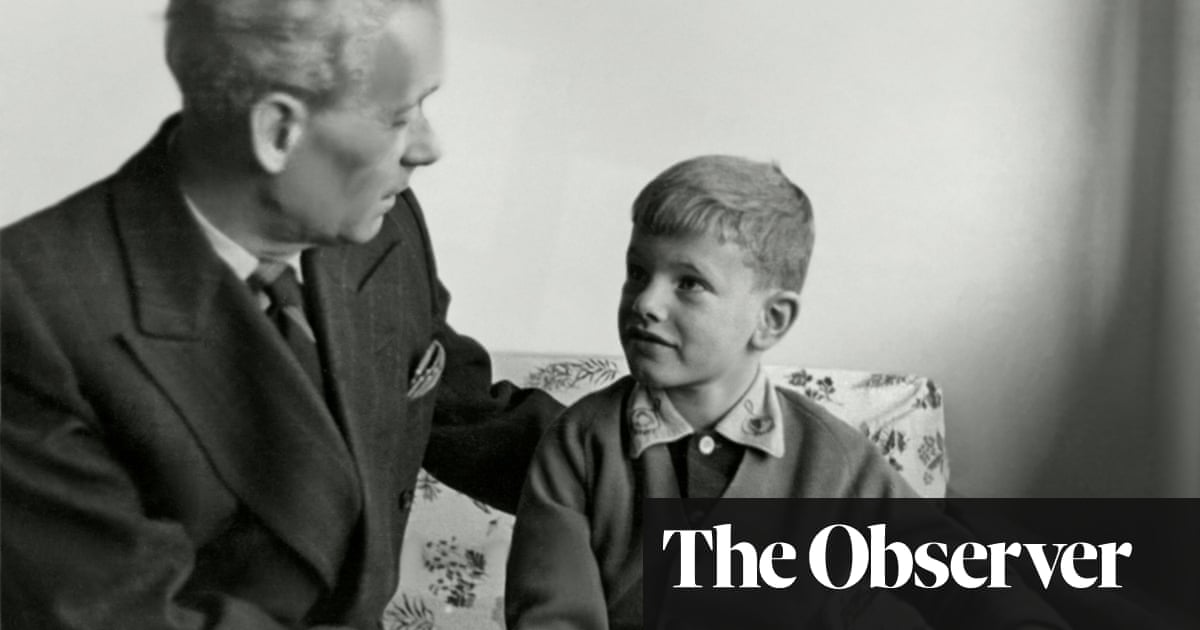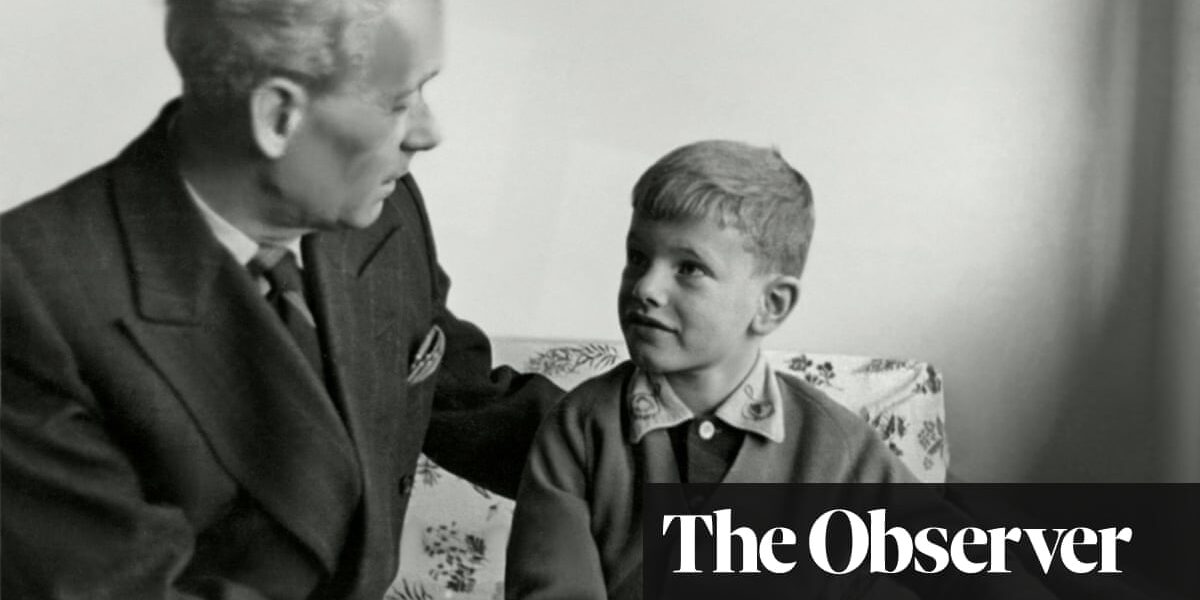Revisiting the Horrors of Auschwitz in József Debreczeni’s Cold Crematorium: A Poetically Written Account of Hell on Earth

I
In the play King Lear, Edgar is faced with the sight of his father who has been brutally blinded. He ponders if things could possibly be any worse, but ultimately realizes that as long as he can acknowledge “this is the worst,” it cannot get any worse. The fact that he has language and the ability to make judgments is evidence that he has much more to lose. These words spoken by Edgar, in one of Shakespeare’s oldest plays, eerily foreshadow the events of modern history and seem to test their validity. Are the atrocities of the 20th century the pinnacle of human capability for evil? Is this truly the worst?
József Debreczeni’s personal account of his time in Nazi concentration camps, now available in English for the first time, often echoes Edgar’s statement. After being transferred from Auschwitz to one of the sub-camps called Eule, he realizes that he will be moved again. He initially thinks that it couldn’t get any worse, but sadly he was mistaken. By the end of his powerful writings, the word “worse” loses all significance as he reflects on the depths of human suffering and depravity. Is being sick with typhoid worse than starving? Is dying in a collapsed tunnel worse than slowly wasting away in filth?
Debreczeni, a renowned journalist, dismisses any comparisons by skillfully presenting the unfolding events in a captivating balance of his writing. In a harrowing moment that cannot be described simply as “gallows humour,” he reveals that the doctors’ nightly call to “Report the dead!” was met with a more lighthearted response from some, saying “Report if you’re dead!”
Debreczeni’s account successfully conveys the unimaginable sense of humor, documenting both the deceased and his own existence as a prisoner. He captures every distressing detail, from the actions of Mr. Mandel, a former chain-smoker whose hands continued to move as if holding a cigarette while in the cattle car on their way to Auschwitz, to the futile escape plans of Feldmann, a former Czech army officer who held “séance-like gatherings.” There is a brief act of kindness in which those soon to be transported to an unknown fate are given small gifts – a cigarette butt and a piece of cabbage – by those who remain behind for the time being. “We must give, we must give something,” echoes in the minds of those left behind.
If this implies any remaining humanity, there is no trace of the unrealistic and superficial moral lessons that have affected and diminished Holocaust narratives, from Life Is Beautiful to The Boy in the Striped Pyjamas.
In his book, Debreczeni effectively highlights the challenging but essential requirement of both the Holocaust and its commemoration: the need to balance the universal and the specific. We must acknowledge the universal call to never let such a tragedy occur again, while also recognizing the particular details of the atrocities committed by the Nazis and their collaborators. This includes understanding the industrialized methods, bureaucratic complexities, and sheer magnitude of lives lost and destroyed.
Only through the difficult act of keeping both the general imperative and the specific example in mind at once can we hope to answer Debreczeni’s anguished call into the void on his first night at Dörnhau: “Come here, you visionaries who create with pen, chalk, stone, or paintbrush; all of you who’ve ever sought to conjure up the grimace of suffering and death; prophets of the danse macabre, engravers of terror, scribes of hells – come here!”
Source: theguardian.com


